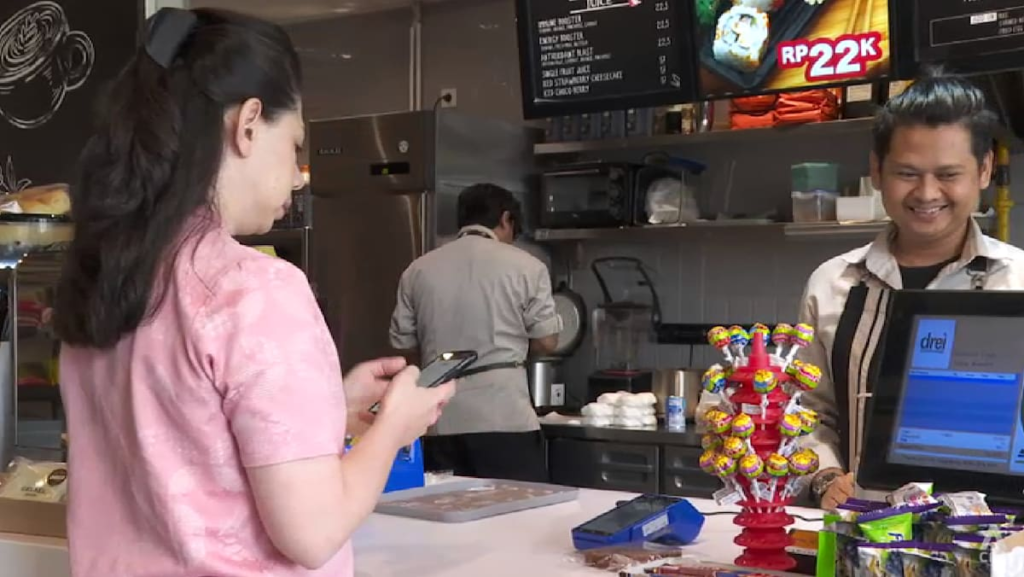CHALLENGING WESTERN DOMINANCE
Jakarta residents told CNA that QRIS has made payments more convenient for anyone with a bank account.
A consumer can scan a merchant’s QR code using their mobile banking or e-wallet application to complete a transaction.
The funds are then securely transferred from the consumer’s linked account to the merchant’s account.
“It definitely makes transactions easier, as you don’t need to have cash on hand, and there’s usually no minimum payment,” said one resident.
Another said: “It’s actually easier for us as buyers. For sellers, it’s also more effective to check whether we’ve paid or not.”
In a global economic environment where payment systems have emerged as a crucial battleground for financial and geopolitical influence, Indonesia’s QRIS offers a localised counter-narrative that challenges the dominance of Western platforms, said observers.
The impact has been significant enough that the United States, in its latest National Trade Estimate Report on Foreign Trade Barriers, singled out QRIS, criticising the system as being unfair to foreign providers.
Analysts told CNA that this marks a new era for Indonesia, opening the door to partnerships with a wider range of players.
“I think it’s good for Indonesia’s balance of payments,” said Bhima Yudhistira Adhinegara, executive director of the Center of Economic and Law Studies, a Jakarta-based economic think tank.
“It’s also bringing more inflow of money, and for businesses themselves – whether small enterprises or big corporations – can enjoy because they’re offering, for instance, less currency risks,” he added.
“Rather than converting to US dollars, we can convert directly to any local currency as our counterpart.”
Read the full article here
